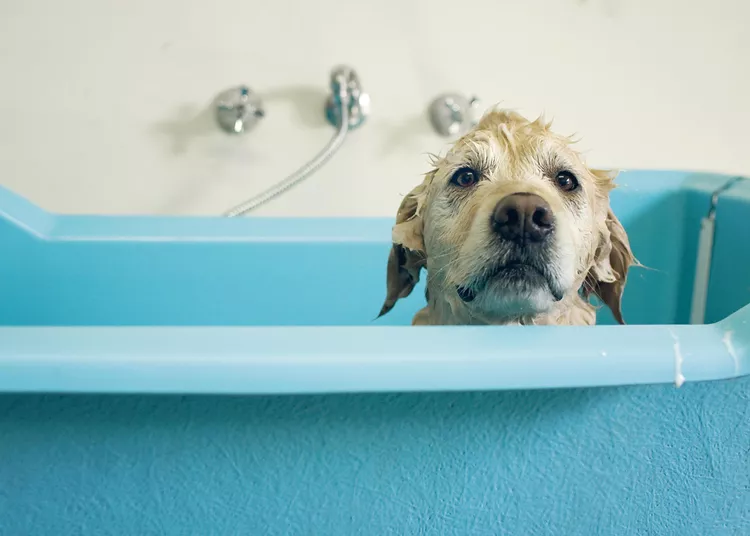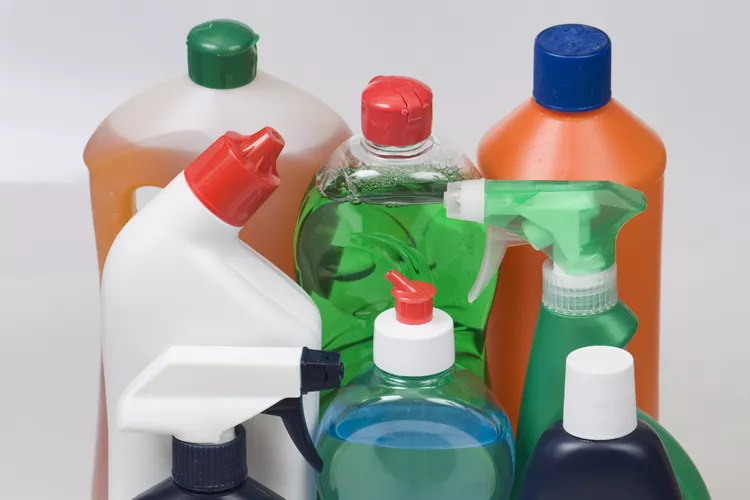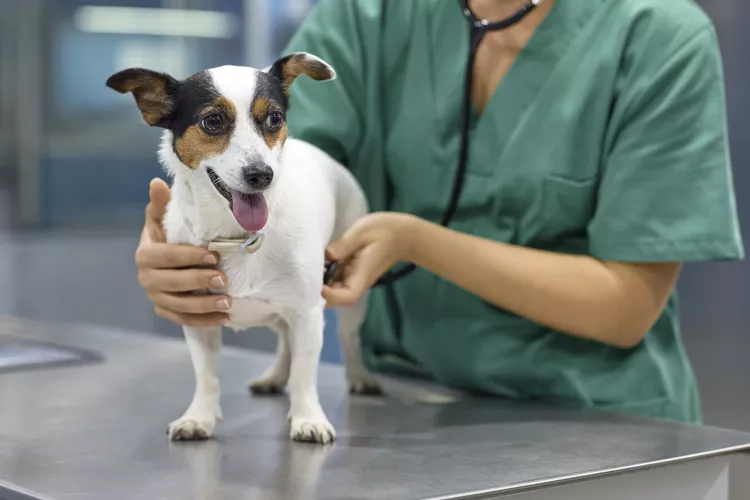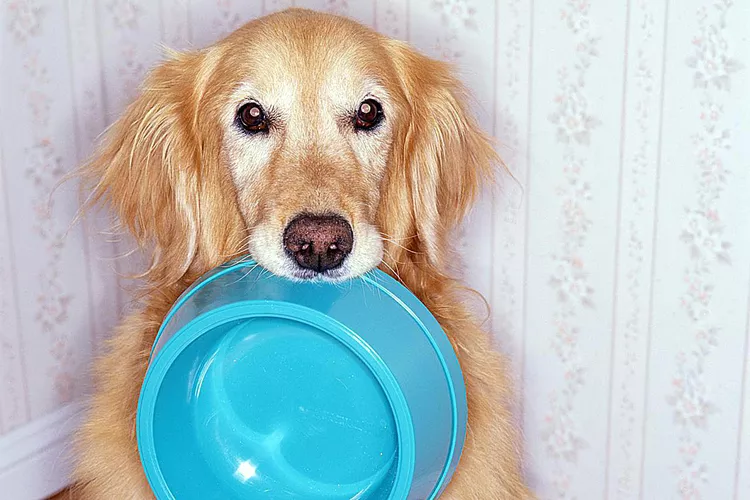
Dogs aren't exempt from getting dirty and smelly, but sometimes the cause of odors on a dog isn't just because it's time for a regular bath. Various infections, dental issues, and even run-ins with wildlife can cause seemingly unexplained odors on a dog. There can be many reasons why a dog has a foul odor. Sometimes a bath may be all that a dog needs but other times veterinary attention is necessary to fix the source of the smell.
When we think about the cause of traditional body odor, it is caused by bacteria present on the skin which break down proteins resulting in a foul smell. Our olfactory cells are special cells inside our nose that detect these particles in the air and communicate with our brain the type and strength of the smell.
Dogs naturally produce scents that allow other dogs to identify them, and these odors are strongest around the anus, ears, and paws. Some dogs naturally produce more odor than others, something that can be a real turn-off for humans.
But what about smells other than traditional body odor? Sometimes things that smell contain components like sulfur compounds or the fermentation products of yeast. These emit their own distinct odors and we recognize them as offensive scents.
Some of the most common pet insurance claims are for ear infections in dogs. Ear infections can contain yeast and/or bacteria, both of which are malodorous. Simple ear debris will often not have as strong an odor to them as infected ears will have. If you notice an unusual odor or debris in your dog's ears, or if they are scratching at them, it's time to contact your veterinarian.
The skin is a natural barrier to infection; when it is compromised, infection, irritation and abnormal oil production are possible. There are several potential causes of skin disease in dogs. Allergies, hormonal imbalances, fungal infections, external parasites, inflammation, wounds, bleeding tumors, and other skin issues can cause bacteria and yeast on the skin's surface to take hold and produce foul odors. Your veterinarian can perform tests to identify the type of infection or the underlying cause of the problem through tests on the skin and sometimes blood tests. Medicated shampoos, antibiotics, and other treatments are usually required to combat these causes of odor.
Bad breath is difficult to ignore, especially in a dog that regularly licks your face. If dental disease is present, foul odors will soon follow from a build up of plaque and possible infections. Dental disease can occasionally lead to infections in other organs such as the heart and kidneys. Regular tooth brushing and professional dental cleanings at your local veterinary hospital are typically necessary to keep bad breath and dental disease away.
This distinct smell only comes from one source. If your dog has been sprayed by a skunk it will need a special bath to get rid of the smell.
Dogs love to roll around in smelly things, which results in a stinky dog. If your dog has been having a little too much fun outside in the yard, a simple bath should undo this damage.
If your dog has recently been swimming in dirty water, an unpleasant odor might linger even after your dog has dried. If this occurs, it's time for a shampoo!
Dogs occasionally experience flatulence and, unfortunately, we have to smell it. But what causes this gas? Digestive upset from dietary changes like a new food or treat, eating something in the yard, medications, intestinal parasites, and even just stress can result in some noxious fumes coming from your dog's hind end. Talk with your veterinarian if the amount of gas seems abnormal or if it coincides with other symptoms such as vomiting, diarrhea, or a change in appetite.
Anal glands are two small sacs in the wall of the rectum of dogs that contain foul-smelling liquid that is used in scent marking in the wild. Dogs will naturally express their glands if they are defecating or sometimes when scared. If a dog expresses its glands, a very unpleasant odor will sometimes remain. A good bath can easily clean this up, thankfully. However, you may need to contact your vet to fully express the anal glands, especially if your dog is scooting or licking their rear end.
Some diseases that affect the internal organs of a dog can result in bad breath. Both kidney failure and diabetes can give your dog unusually bad breath. These diseases often also cause your pet to feel very sick and you may notice signs like changes in appetite, increased urination, lethargy, and weight loss. Contact your veterinarian right away if you notice any concerning signs or smells.
If your dog is just a little stinkier than usual, it might simply be time for a bath. However, if you suddenly notice a new or pungent odor coming from your dog, more investigation is needed, Check your dog's ears, mouth, paws, skin, and anal area for clues about the source of the odor. Contact your veterinarian if you find evidence of a health problem or if you cannot eliminate the odor with a bath.
If your dog's odor is caused by a physical issue, veterinary treatment may be necessary. Depending on the cause of the unpleasant smell, regular or medicated baths might help. If there is an infection present, your veterinarian may prescribe antibiotics, antifungals, or other medications.
In some cases, surgery may be necessary to remove the source of the smell, especially if your vet discovers diseased teeth or an infected tumor.
In general, regular gentle baths are the best way to prevent bad smells in dogs. However, don't over-bathe as it can dry out the skin. Ask your vet about the appropriate timing of baths and the best products to use. Most healthy dogs do well with monthly baths using pet-specific, soap-free shampoos, but each dog has individual needs.
Keeping up with recommended wellness vet visits is another way to prevent odors. Your vet may be able to detect changes that might lead to odors and treat them before they even become an issue.

10 Obscure, Little-known Canine Facts in Honor of National Dog Day
With National Dog Day upon us, it's time to celebrate everything about our favorite pets—even the weirder stuff. Here are 10 obscure facts about dogs you probably didn't know.
Exploring the Different Types of Pet-Friendly Beaches
Are you looking for pet-friendly beaches? Learn about the different types of pet-friendly beaches, their locations, and tips for visiting them with your pet.
Toxic Chemicals & Household Items That Can Poison Dogs
There are many things in and around your home that can endanger your dog. Learn which chemicals and household items can poisin your dog.
Bronchitis in Dogs
Is your dog coughing and feeling unwell? It could be due to respiratory inflammation called bronchitis. Learn the causes, treatment, and prevention.
Choking in Dogs
A dog can occasionally swallow something incorrectly and start choking. Find out how you can tell if your dog is choking and what you can do about it.
Why Does My Dog Smell So Bad?
Does your dog smell? Find out what could be causing these unpleasant odors and if it's something that needs more than just a bath to fix.
Is Rosemary Safe for Dogs?
Rosemary is used both for cooking and as a supplement with many reported health benefits in people, so you may be wondering if it is safe to give to your dog. Rosemary is considered non-toxic for dogs but with some caveats.
Can Dogs Eat Blueberries?
Dogs can safely eat blueberries. Blueberries are packed with nutrients and can be a great addition to your dog's diet when fed in moderation. Learn more about the benefits, risks, how to incorporate blueberries into their diet, and other fruits dogs can eat.
Dog Food Basics
Are you feeding your dog the best way possible? Check out these dog feeding tips to keep your dog healthy and happy.
Swedish Vallhund: Dog Breed Characteristics & Care
The Swedish vallhund makes for a high-energy and affectionate companion. Learn about the breed's history, health, exercise needs, and more.
Becoming a Show Dog: Getting Started
Do you have the perfect puppy? Have you considered showing her in a dog show? There's much more to showing than showing up! Here's how to get started.
How to Care for a Hairless Cat
Hairless cats make great pets but they aren't without their own challenges and requirements. Read on to learn how to best care for your furless feline.
British Shorthair: Breed Profile, Characteristics & Care
The British Shorthair is a calm, affectionate cat that looks and feels like a plush teddy bear. Here's what you need to know about this popular breed, including appearance, temperament, health, and care.
Tonkinese: Cat Breed Profile, Characteristics & Care
The Tonkinese cat is a perfect mix of the Siamese and Burmese—smart, sociable, and sweet. Learn about the Tonkinese breed.
How to Stop Your Cat From Chewing Electrical Cords
Cats are known to pounce and attack inanimate objects, like electrical cords. Learn how to prevent your cat from ambushing objects that may harm it.
How to Stop Aggression in Kittens
Kittens may show aggressive behavior for several reasons. Sometimes their play gets too aggressive while other times the kitten is afraid or upset. Learn how to spot and curb aggression in kittens.
46 Egyptian Cat Names
Whether inspired by notable Egyptian deities, locales, or pharaohs, Egyptian cat names can bring out the divinity of your noble feline companion.
How to Tell If a Kitten is a Boy or a Girl
If you're wondering whether your new kitten is a boy or a girl, here are three ways to help determine the sex of your cat.
Signs Your Cat Is Aging and When to See the Vet
Expect some changes when your cat ages. Learn to differentiate between normal and potential medical problems for your elderly cat.
Coronavirus in Cats
Feline coronavirus (FCoV) rarely harms cats but can lead to another life-threatening illness. Learn the causes, treatment, and prevention.